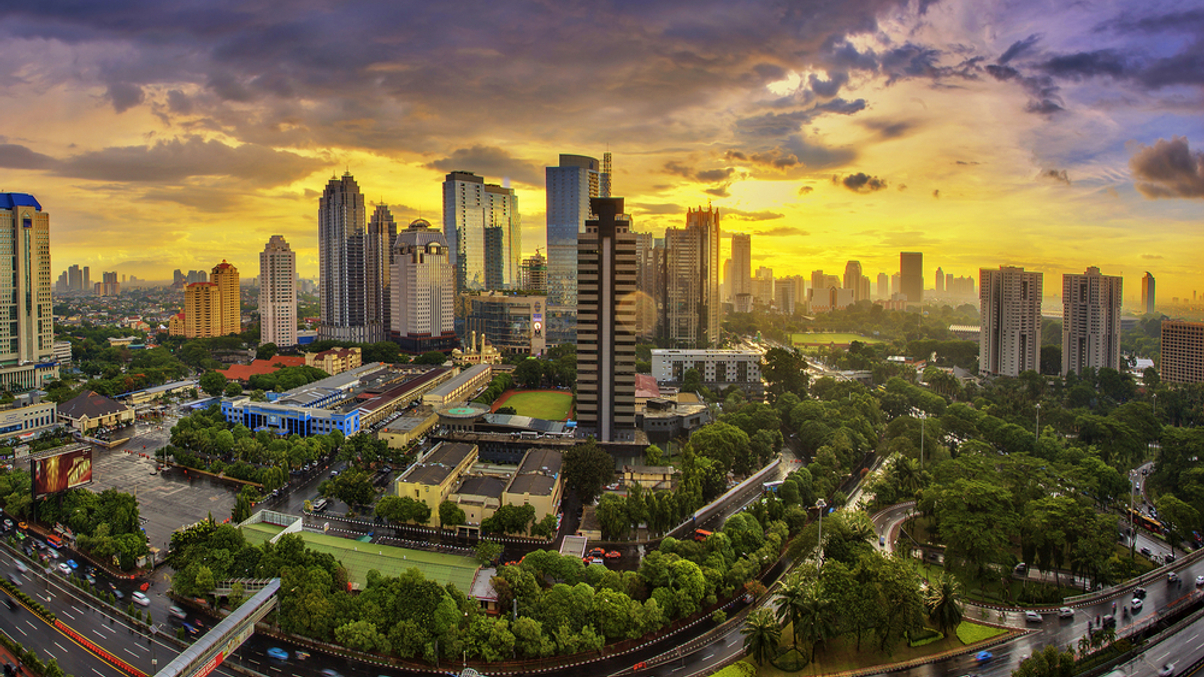Indonesia’s BPJS constrained by domestic mandate, short-term focus
Strong member inflows to the social security fund are held in time deposits for a lack of alternatives. The investment team is building a case for a much wider mandate.

Indonesia’s largest institutional investor, the $45 billion social security BPJS Ketenagakerjaan, is struggling to invest its rapidly growing fund pool.
Sign in to read on!
Registered users get 2 free articles in 30 days.
Subscribers have full unlimited access to AsianInvestor
Not signed up? New users get 2 free articles per month, plus a 7-day unlimited free trial.
¬ Haymarket Media Limited. All rights reserved.


